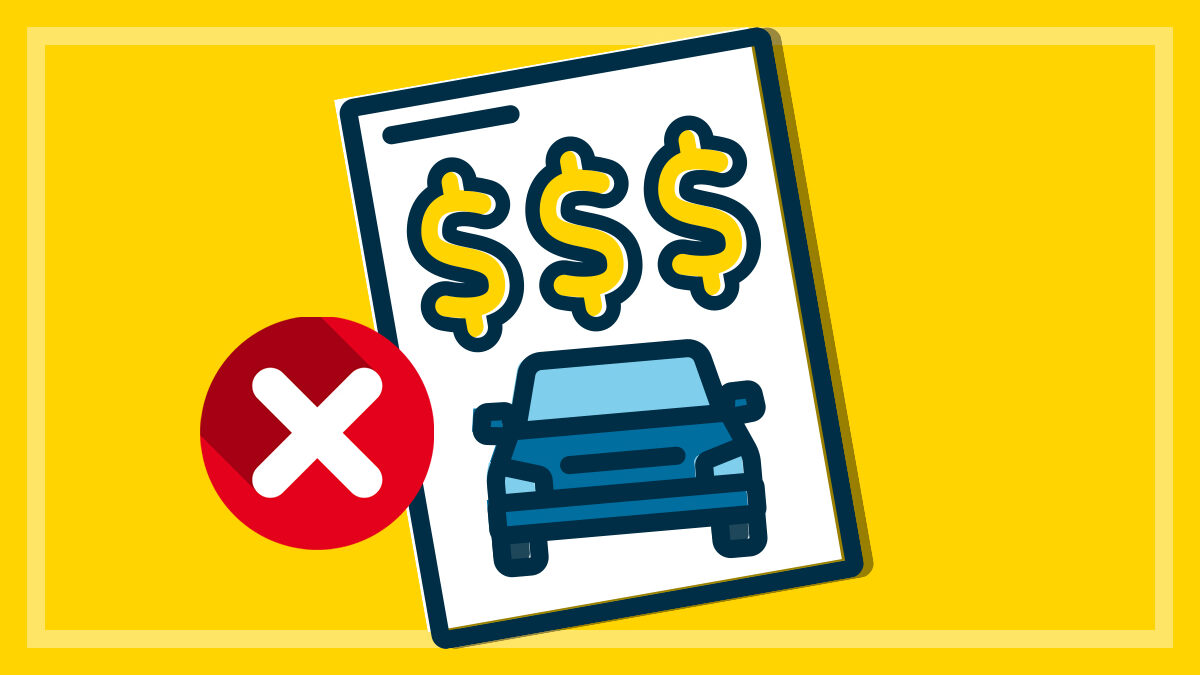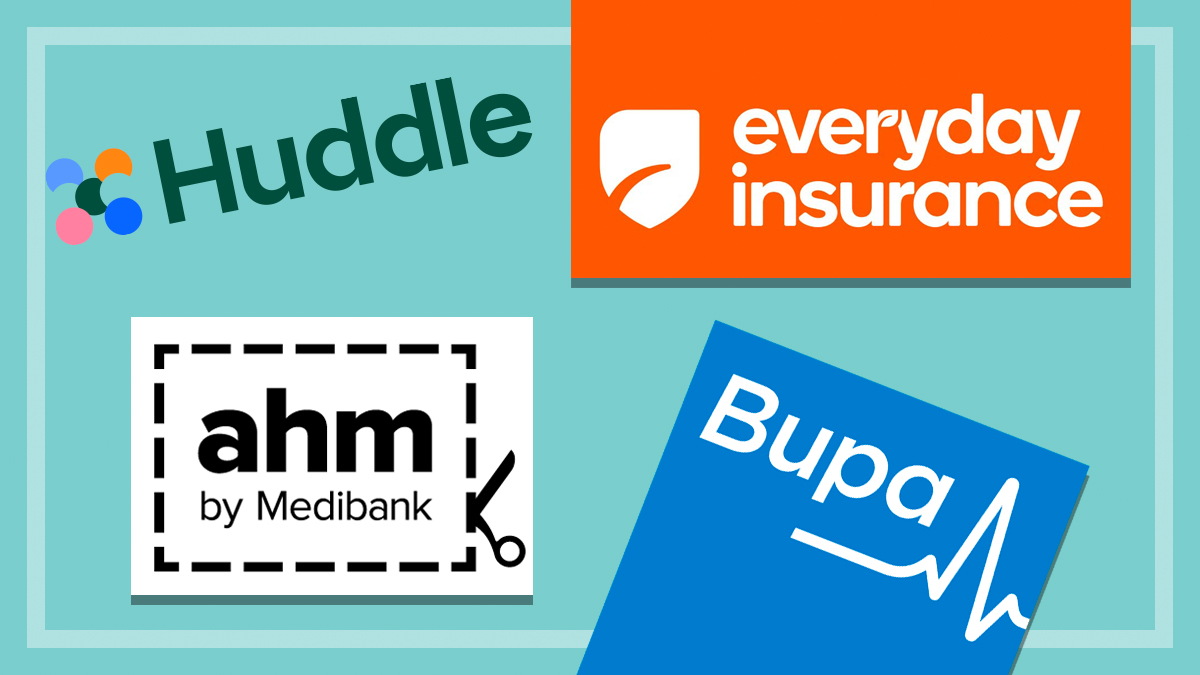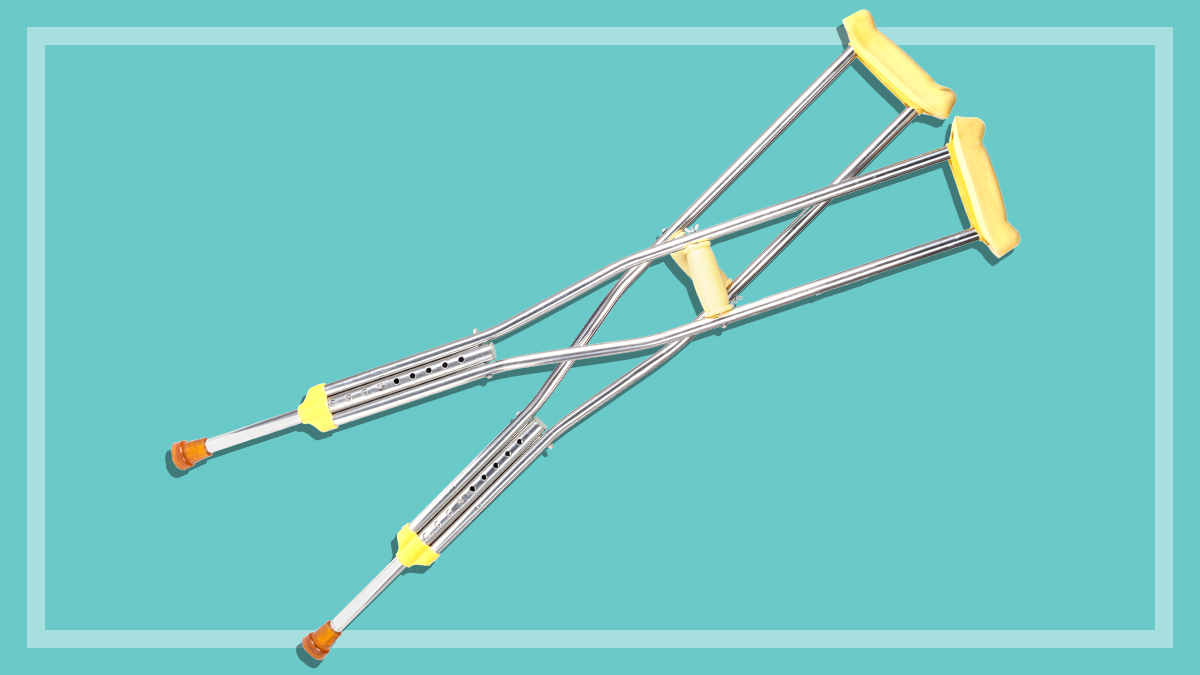Get our independent lab tests, expert reviews and honest advice.
Cheapest Basic health insurance policies to save on tax

With the high cost of living, you might be thinking about downgrading your health insurance. If you decide you don’t need cover but want to avoid the government’s Medicare Levy Surcharge (MLS) due to earning over the income threshold, a Basic health insurance policy may be an option for you.
On this page:
- How does the Medicare Levy Surcharge work?
- Should you buy cheap health insurance cover?
- The cheapest Basic policies revealed
- What does Basic hospital insurance cover?
But finding cheap health insurance isn’t as easy as it used to be. In some cases, you may now be better off paying the MLS. If your income is only just enough to pay the MLS, then in most states, only one hospital policy will save you money on tax.
CHOICE experts have crunched the numbers state-by-state to find out whether it’s cheaper to buy a basic hospital policy, or just cop the MLS at tax time.
How does the Medicare Levy Surcharge work?
One of the incentives the government provides to encourage the uptake of health insurance is the waiving of the Medicare Levy Surcharge. The MLS is a 1–1.5% tax (it varies based on income), but you don’t need to pay it if you have hospital cover.
From July 1 2025, when your salary reaches $101,001 for a single person, or $202,001 for a couple, you’ll start paying a Medicare Levy Surcharge (MLS) if you don’t have a hospital insurance policy. For hospital insurance to be worthwhile as a tax saving, you need to find a policy that costs less than the MLS that you would have to pay.
For example, if you earn over $101,000 per year (from July 1st), you’ll be required to pay a 1% MLS, unless you have hospital insurance. If you earn exactly $101,000, then buying a hospital policy for less than $1010 (1% of $101,000) per year will save you money – regardless of how useful it is (or isn’t) for health cover.
To decide if you’re financially better off buying hospital insurance, work out your MLS, and then check our table below for the cheapest hospital policy in your state, and see which policy costs less than the MLS you’ll have to pay. If you are eligible for any applicable discounts or lifetime Health Cover (LHC) loading, you’ll need to factor that in too.
Should you buy cheap health insurance cover?
Cheap health insurance cover may be worth buying to save you money on tax, but not for actually covering your health needs.
To save money on tax, you only need to buy cheap hospital insurance. You don’t need extras insurance.
Health insurance pricing differs by state. We’ve compiled annual premiums for the cheapest policies in each state, together with the income level at which you’ll save with a basic policy and when you won’t.
If you’re earning between $101,000 and $118,000 per year as a single person, you’ll need to do the maths. If you’re at the lower end of that bracket, it won’t make that much difference whether you pay the MLS, or buy the cheapest hospital policy.
For example, earning $101,001 in NSW, you’ll be better off paying the MLS by 71c per year, where as in Tasmania, you’ll be 8c better off buying the cheapest hospital policy. For savings that small, you probably want to also factor in whether you actually get any benefits out of the hospital policy.
In New South Wales, Victoria, Queensland, South Australia and Tasmania you need to be on a higher income before the real savings of buying a hospital policy kick in.
With the cost of cheap health insurance cover and the MLS being similar, you might think some cover is better than just paying the MLS and getting none, but it’s not that simple.
Keep in mind, policies usually come with a $750 excess if you want to actually use it. And if you’re in an accident, you’ll enter emergency in a public hospital and usually be treated there, so won’t even have the chance to claim and pay the excess.
However, there are some advantages of cheap cover. Many policies cover ambulance expenses where Medicare doesn’t, and if you’re organising elective surgery, you will get to choose your doctor.
When should you buy a health insurance policy to save on tax?
The amount of MLS you pay will be prorated depending on when you buy a health insurance policy to save on tax. So if you buy the policy on July 1 (and hold it all year), you won’t pay any MLS. But if you buy a policy on January 1, then you’ll pay MLS for the first six months of the financial year.
The cheapest Basic policies revealed
These are basic hospital policies that we do not recommend for health cover. Read about the limitations of basic hospital policies below.
In all states except Tasmania, the cheapest policy is AHM Ambulance Hospital (Basic). This policy provides emergency ambulance cover and rehab, psychiatric in-hospital treatment and palliative care in a public hospital only. It has a $750 excess.
In Tasmania, the cheapest policy is HBF Basic Hospital Accident Only. This policy provides private hospital cover only for treatment within 90 days after an accident. You need to visit your doctor or go to emergency within seven days of the accident. It covers rehab, psychiatric in-hospital treatment and palliative care in a public hospital. Ambulance services in Tasmania are provided by the Tasmanian state government.
| Income | Under 65 years | 65–69 years | Over 70 years |
|---|---|---|---|
| <$101,000 | $913 | $864 | $815 |
| $101,000–118,000 | $1011 | $962 | $913 |
| $118,000–158,000 | $1108 | $1060 | $1011 |
| >$158,000 | $1206 | $1206 | $1206 |
If you’re under 65 years and earn just over $101,000 there’s not much difference in cost between buying this policy and paying the MLS. In fact, if you’re earning exactly $101,001, you’ll be 71 cents better off not buying the policy and paying the MLS. Once your salary moves towards the top of Tier 1, there are some savings to be made by buying this policy.
For anyone aged over 65 years earning over $101,000 buying this accident only policy will work out to be a better deal than the MLS.
Note: Annual premium above is after the private health insurance rebate has been applied. These premiums are for a single policy. For couple and family policies, double the earning figures and annual premium cost.
| Income | Under 65 years | 65–69 years | Over 70 years |
|---|---|---|---|
| <$101,000 | $350 | $331 | $312 |
| $101.000–118,000 | $387 | $368 | $350 |
| $118,000–158,000 | $425 | $406 | $387 |
| >$158,000 | $462 | $462 | $462 |
Note: Annual premium above is after the private health insurance rebate has been applied. These premiums are for a single policy. For couple and family policies, double the earning figures and annual premium cost.
| Income | Under 65 years | 65–69 years | Over 70 years |
|---|---|---|---|
| <$101,000 | $945 | $894 | $844 |
| $101,000–118,000 | $1046 | $995 | $945 |
| $118,000–158,000 | $1147 | $1096 | $1046 |
| >$158,000 | $1248 | $1248 | $1248 |
If you’re under 65 and earn over $104,600 you’ll be better off buying this policy than paying the MLS. For those aged over 65 years earning over $101,000 buying this accident only policy will work out to be a better deal than the MLS.
Note: Annual premium above is after the private health insurance rebate has been applied. These premiums are for a single policy. For couple and family policies, double the earning figures and annual premium cost.
| Income | Under 65 years | 65–69 years | Over 70 years |
|---|---|---|---|
| <$101,000 | $886 | $838 | $791 |
| $101,000–118,000 | $981 | $933 | $886 |
| $118,000–158,000 | $1075 | $1028 | $981 |
| >$158,000 | $1170 | $1170 | $1170 |
For anyone earning over $101,000, buying this accident only policy will work out to be a better deal than the MLS. However, if your salary is at the lower end of Tier 1, the savings aren’t great – starting at just $19.45 per year for those earning $101,001.
Note: Annual premium above is after the private health insurance rebate has been applied. These premiums are for a single policy. For couple and family policies, double the earning figures and annual premium cost.
| Income | Under 65 years | 65–69 years | Over 70 years |
|---|---|---|---|
| <$101,000 | $912 | $864 | $815 |
| $101–118,000 | $1010 | $961 | $912 |
| $118,000–158,000 | $1107 | $1059 | $1010 |
| >$158,000 | $1205 | $1205 | $1205 |
If you’re under 65 and earn over $101,000 you’ll be better off buying this policy than paying the MLS. However, for those earning at the lower end of Tier 1 – that is close to $101,000, it’s questionable whether the savings outweigh the hassle of organising hospital insurance.
The saving achieved by buying this hospital policy for those earning exactly $101,001 is just 9 cents. For earning towards the top of Tier 1, the savings become more worthwhile. Those aged over 65 earning over $101,000 per year, buying this accident only policy will work out to be a better deal than the MLS.
Note: Annual premium above is after the private health insurance rebate has been applied. These premiums are for a single policy. For couple and family policies, double the earning figures and annual premium cost.
| Income | Under 65 years | 65–69 years | Over 70 years |
|---|---|---|---|
| <$101,000 | $909 | $860 | $811 |
| $101,000–118,000 | $1006 | $957 | $909 |
| $118,000–158,000 | $1103 | $1054 | $1006 |
| >$158,000 | $1200 | $1200 | $1200 |
If you’re under 65 and earn over $101,000 you’ll be better off buying this policy than paying the MLS. However, for those earning at the lower end of Tier 1 – that is close to $101,000, the savings aren’t great.
The saving by buying this hospital policy for those earning exactly $101,001 is just $4. For earning towards the top of Tier 1, the savings become more worthwhile. Those aged over 65 earning over $101,000 per year, buying this accident only policy will work out to be a better deal than the MLS.
Note: Annual premium above is after the private health insurance rebate has been applied. These premiums are for a single policy. For couple and family policies, double the earning figures and annual premium cost.
| Income | Under 65 years | 65–69 years | Over 70 years |
|---|---|---|---|
| <$101,000 | $709 | $671 | $633 |
| $101,000–118,000 | $784 | $747 | $709 |
| $118,000–158,000 | $860 | $822 | $784 |
| >$158,000 | $936 | $936 | $936 |
For anyone earning over $101,000, buying this accident only policy will cost you less than paying the MLS.
Note: Annual premium above is after the private health insurance rebate has been applied. These premiums are for a single policy. For couple and family policies, double the earning figures and annual premium cost.
What does Basic hospital insurance cover?
Basic hospital insurance policies offer the lowest tier of health cover at the lowest price point. All Basic policies must cover treatment in a public hospital for palliative care, rehabilitation and psychiatric care.
These policies are good for avoiding tax and loadings once you reach a certain income, but they provide very little cover, so we don’t recommend them for health cover.
There are two types of Basic policies: accident policies and public hospital policies.
Accident policies
These cover ambulance services and accident care in a private hospital. As a government requirement, they also must cover rehab, palliative care and psychiatric care in a public hospital.
The only difference between this cover and what you get under Medicare is that you can choose your own doctor. And regardless of your cover, it’s very hard to get a place in a public hospital for these services. All other services and illnesses are excluded.
Accident policies can also have restrictions. For example, HCF’s Accident Only policy covers you for the initial treatment if you go to emergency within 24 hours after the accident, but you’re not covered for any follow-up treatment.
Public hospital policies
These provide cover in a public hospital only. Again, the only difference between this cover and what you get under Medicare is that you can choose your own doctor. You’ll still have to join public hospital waiting lists, and generally, you get the same treatment as public patients.
If you want a higher level of hospital cover, look for Bronze, Silver or Gold hospital insurance.
What if I need a higher level of cover?
The policies we list above are good for saving money on tax, but no good if you rely on them for cover. If you want health cover and you’re looking for the best policy, you can use our tool to compare thousands of policies from 49 insurers.
Correction 23.06.2025: An earlier version of this story stated that the cheapest policy in NSW/ACT, NT, QLD, SA, VIC and WA is AHM Ambulance and Accident Hospital (Basic). The cheapest policy in these states is actually AHM Ambulance Hospital (Basic), which does not provide accident cover.




